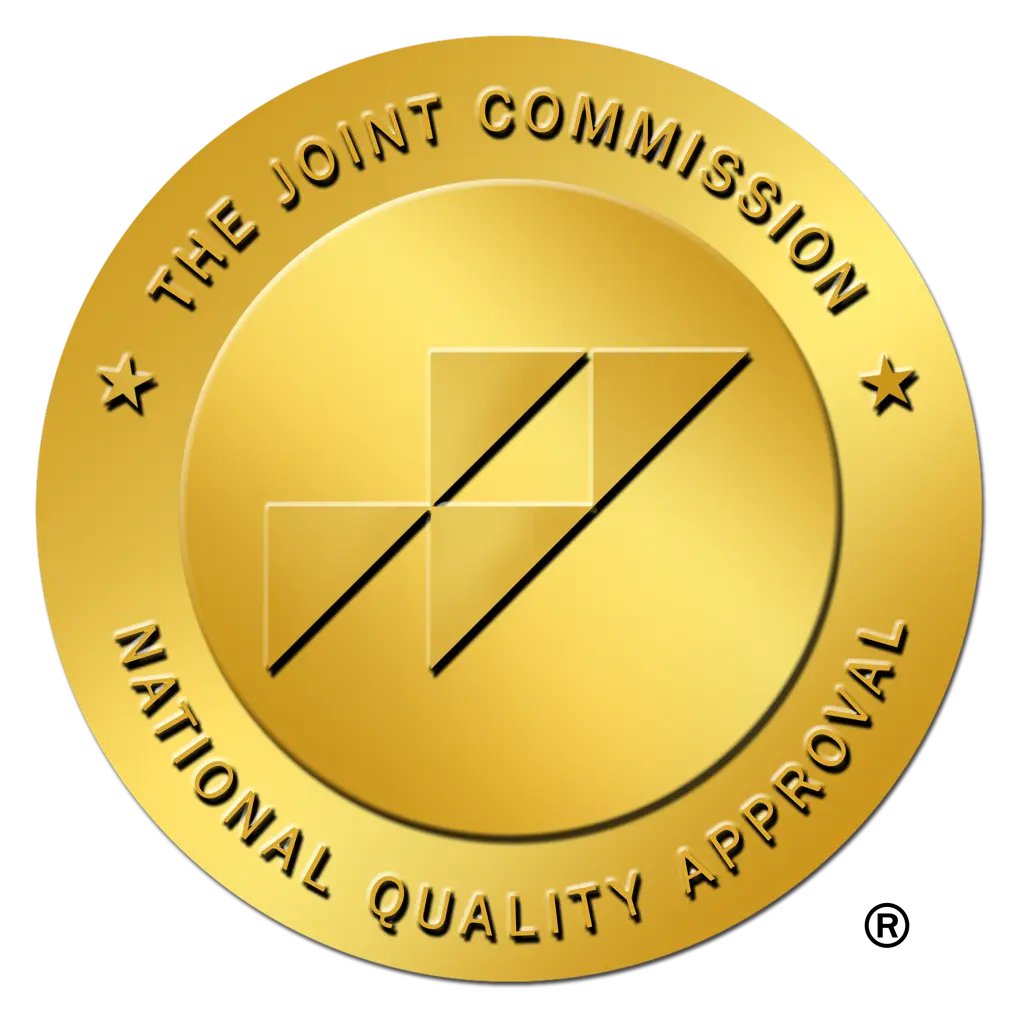If you feel overwhelmed or encounter someone experiencing a mental health crisis, you can take steps to de-escalate the situation. According to the National Institute of Mental Health (NIMH), “Nearly one in five U.S. adults live with a mental illness,” and “there were an estimated 14.2 million adults aged 18 or older in the United States with [serious mental illness]” in 2020. Alter San Diego Crisis Intervention uses crisis intervention and support services to help people struggling with mental health issues.
How to Recognize and De-escalate a Mental Health Crisis
Before trying to de-escalate a crisis, you need to recognize signs of mental distress. Maladaptive behaviors and thought patterns caused by untreated disorders can cause a wide range of symptoms, including:
- Extreme and rapid mood swings
- Unusually aggressive behavior
- Suicidal ideation
- Self-harming or risk-taking behaviors
- Disordered or confused thoughts and speech patterns
- Irrational behaviors
- Inability to cope with daily responsibilities
- Hyperactivity or an unusual lack of energy
- Unexplained and unusual changes to eating or sleeping patterns
- Issues with maintaining personal hygiene
It is essential to get an official diagnosis if you recognize these warning signs in yourself or someone you care about. Individuals experiencing a mental health crisis may have difficulty understanding that their mental state has altered their perceptions of themselves and others.
You can de-escalate a tense situation by methodically and objectively addressing the issue. People in crisis often have emotion-based motivations and act on instinct. Revealing the realities of their conditions and the consequences of unhealthy behaviors can often help people take the first steps toward positive changes.
3 Ways to De-escalate Situations With Loved Ones
De-escalating a situation takes patience and a willingness to actively listen to the other person. If someone you love is facing a mental health crisis, there are things you can do to help them calm down. Below are three methods you can use if your loved one is under extreme emotional distress and a potential danger to themselves.
#1. Actively Listen and De-escalate Through Positive Conversation
Individuals experiencing a mental health crisis often begin catastrophizing and may fall into a negative thought spiral. You can calm them down by engaging them in conversation, actively listening to their concerns, and steering them toward more optimistic scenarios.
Try not to let them silently stew in their thoughts. Many people cannot think clearly during a crisis and focus on the worst possibilities. Your loved one may not have the ability to see any positive outcomes without your help. By being patient and gently guiding them toward more hopeful ways of thinking, you can help them avoid compulsive or maladaptive behaviors.
#2. Try to Identify and Avoid Triggers
You want to keep your loved one calm and engaged with you until they can get the help they need. To do that, you want to avoid triggering strong or negative emotions. Your loved one may have traumas that caused their crisis, and you want to avoid referencing it or bringing any attention to it. Managing a crisis involves staying collected, objective, and focused on keeping the other person feeling safe.
#3. Don’t Overreact, and Remain Calm
Some people faced with a loved one in crisis may not know what to do, causing them to overreact or put additional pressure on the person in distress. You want to avoid jumping to conclusions about their mental state without minimizing their situation. If you remain calm and collected, they may feel safer discussing possible solutions like getting professional help.
How to Cope When You Experience a Mental Health Crisis
You may find yourself in a situation where you feel overwhelmed, unable to think clearly, and emotionally distressed. Knowing how to de-escalate your own emotional turmoil during a crisis can protect you from doing something rash that might endanger yourself or others.
Most people struggling to cope with a mental health crisis experience very high stress levels. If you feel on edge or worried about hurting yourself or others, stress management can help you calm down and think more clearly. According to the Centers for Disease Control and Prevention (CDC), “Learning to cope with stress in a healthy way will help you, the people you care about, and those around you become more resilient.” Removing stressors and practicing calming exercises can help clear your mind and keep you focused during a crisis. Below are a few examples of calming techniques:
- Deep breathing while focusing on your senses
- Muscle relaxation exercises
- Clearing your mind and concentrating on the present
- Expressing your emotions through writing or talking with others
You are not alone. The dedicated mental health professionals at Alter San Diego Crisis Intervention can help you or your loved one recover from a crisis.
A mental health crisis can happen anytime to anyone, and each case involves different triggers and symptoms. If you or someone you love experiences a mental health crisis, you can get help by staying calm and reaching out to a professional. Treatment programs provide essential coping skills and other tools to help people manage mental health issues. Early treatment and crisis stabilization ensure the best outcome for most people. Alter San Diego Crisis Intervention offers crisis stabilization and a continuum of care that includes partial hospitalization and intensive outpatient programs. You can heal and recover from the side effects of mental health disorders. To learn more about the services we offer, call our office today at (866) 986-1481.

